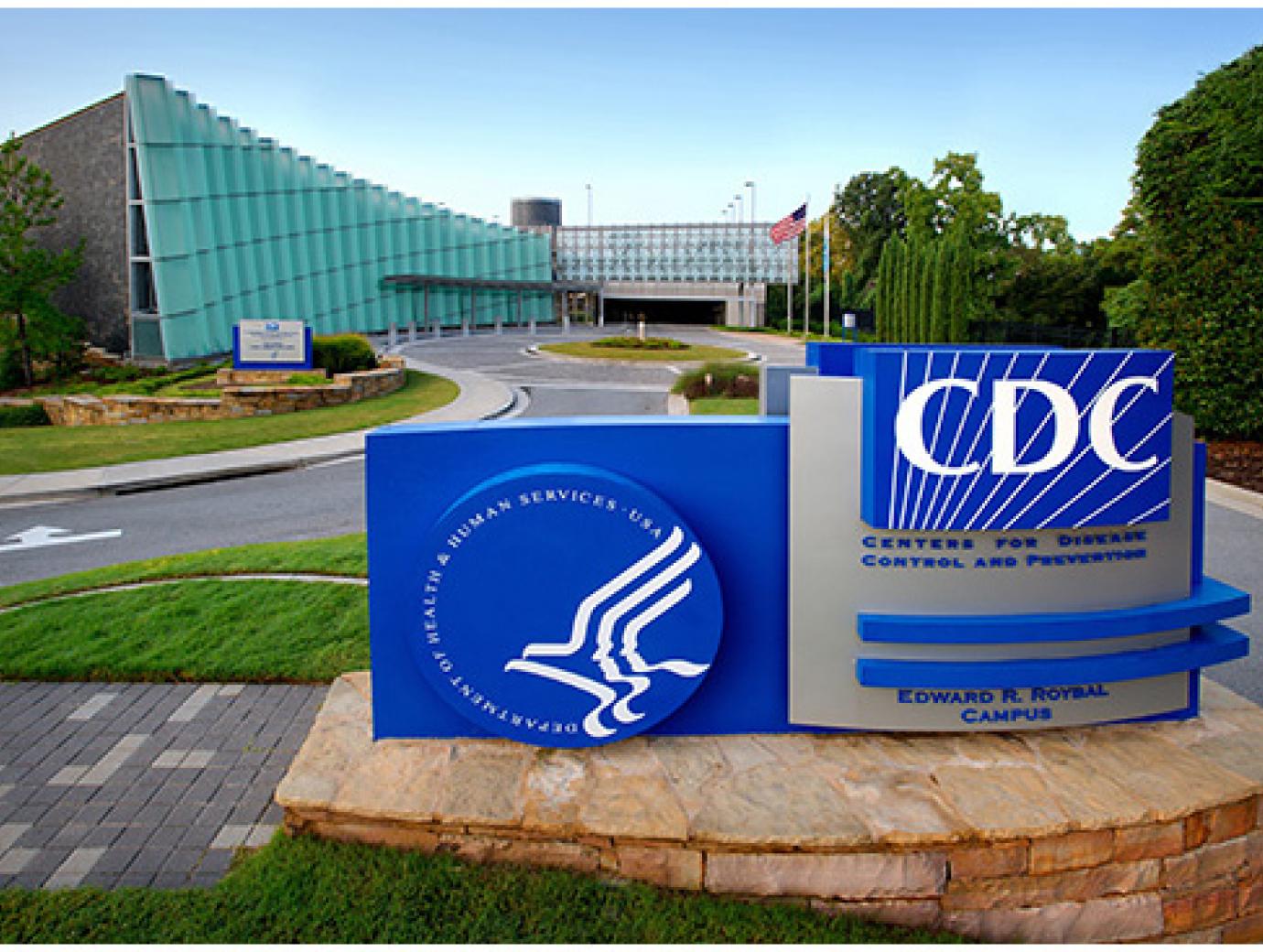The ACIP voted unanimously at their June 22 meeting to recommend Vaxchora for the prevention of toxigenic Vibrio cholerae O1 for travelers to areas of active cholera transmission. The Category A recommendation made by the ACIP for Vaxchora will be forwarded to the director of the CDC and the U.S. Department of Health and Human Services for review and approval. Once approved, the recommendations will be published in the Morbidity and Mortality Weekly Report (MMWR). Category A recommendations are made for all persons in an age- or risk-factor-based group.
“Cholera is an underestimated disease that is found in many popular global travel destinations in the Caribbean, Africa and Asia. Until now, U.S. travelers have not had access to a vaccine to help protect against this potentially deadly pathogen,” said Lisa Danzig, M.D., Vice President, Clinical Development and Medical Affairs. “We are very proud to offer the only licensed vaccine against cholera and are encouraged by the ACIP’s recommendation which recognizes the value of Vaxchora as an important option for the protection of adults traveling to cholera-affected areas.”
Cholera is an acute intestinal diarrheal infection acquired by ingesting contaminated water and food. Annually, millions of people around the world are impacted by this extremely virulent disease1 which can cause death in less than 24 hours if left untreated2. More than 80 percent of reported U.S. cases3 are associated with travel to a cholera-affected area. It is estimated that there are 69 cholera-endemic countries in Africa, Asia and the Caribbean. A recent report from the CDC suggests that the true number of cholera cases in the U.S. is at least 30 times higher than observed by national surveillance systems4. The currently recommended intervention to prevent cholera infection is the avoidance of contaminated water and food, but studies have shown that 98 percent of travelers do not comply with these precautions when travelling5.
“The ACIP’s vote makes Vaxchora one of the few travel vaccines with a Category A recommendation. This clear recommendation will be an important tool in helping clinicians and their patients evaluate vaccination with Vaxchora prior to visiting areas of active cholera transmission,” said Nima Farzan, President and CEO of PaxVax. “The CDC and the FDA have been important partners in the development and licensure of Vaxchora and we appreciate their commitment to ensuring the availability of specialty vaccines focused on the protection of people living in the U.S.”
Vaxchora is expected to be available in September 2016 and will be distributed through PaxVax’s U.S. marketing and sales organization, which currently commercializes Vivotif®, an FDA-approved oral typhoid fever vaccine.
About Vaxchora (Cholera Vaccine, Live, Oral)
Vaxchora is an oral vaccine indicated for active immunization against disease caused by Vibrio cholerae serogroup O1. Vaxchora is approved for use in adults 18 through 64 years of age traveling to cholera-affected areas. The effectiveness of Vaxchora has not been established in persons living in cholera-affected areas or in persons who have pre-existing immunity due to previous exposure to V. cholerae or receipt of a cholera vaccine. Vaxchora has not been shown to protect against disease caused by V. cholerae serogroup 0139 or other non-O1 serogroups.
The FDA approval of Vaxchora is based on positive results from a 10 and 90-day cholera challenge trial, as well as two safety and immunogenicity trials in healthy adults that demonstrated efficacy of more than 90 percent at 10 days and 79 percent at 3 months post vaccination6. The most common adverse reactions were tiredness, headache, abdominal pain, nausea/vomiting, lack of appetite and diarrhea. More than 3,000 participants were enrolled in the Phase 3 clinical trial program that evaluated Vaxchora at sites in Australia and the United States.
For the full Prescribing Information, please visit www.vaxchora.com.
source: http://www.businesswire.com/news/home/20160623005337/en/CDC-Advisory-Committee-Immunization-Practices-Votes-Recommend
- United States of America


